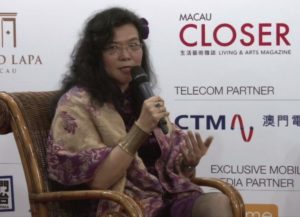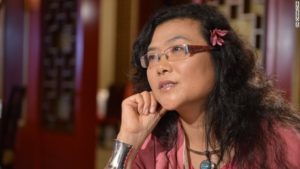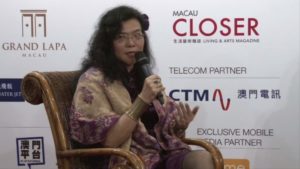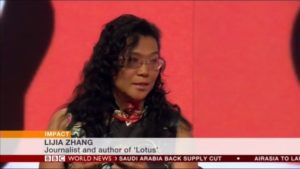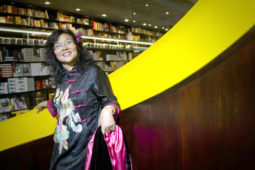It took China's courts 27 years to acknowledge Zhang Yuhuan had been in jail innocent, and the reversal of the verdicts shocked the legal community. China's courts have the largest conviction rate in the world, says author Zhang Lijia, but that is because of forced convictions. When Zhang Yuhuan case shows one thing, it is that structural reform of China's court system is still needed, she argues at the South China Morning Post.
Zhang Lijia:
Wrongful convictions are not unique to China, of course, but there do seem to be a lot, including several high-profile cases in recent decades.
In 1994, farmer Zhang Zaiyu had a fight with her husband She Xianglin and ran away. A few months later, a bloated woman’s body was found in a pond near their village in Hubei province. She Xianglin was arrested and convicted of murder. He served 11 years in prison until the supposed victim turned up alive.
There was a similar case in Henan. In 1999, farmer
Zhao Zuohai was sentenced for killing a fellow villager who disappeared after a fight between the men. Zhao also served 11 years before the vanished villager reappeared in 2010.These cases sparked heated discussion in Chinese media as well as among legal experts on how China could better prevent the miscarriage of justice. Experts have made a case study of She’s ordeal as it is a telling example of what can go wrong in China’s legal system – coerced confessions, misidentification of a body, conflicting statements and almost non-existent evidence.It is widely claimed that Chinese police often rely on torture to extract confessions out of suspects. With tears in his eyes, Zhang Yuhuan said he was hung and beaten with an electric baton.I wasn’t surprised. While researching Lotus, my novel about prostitution, I heard many harrowing stories from
sex workers about how they were beaten, burned with cigarettes, sprayed with high-pressure jets in winter and deprived of sleep.Partly in response to the embarrassing high-profile cases, China has launched a crackdown on forced confessions and made serious efforts to eliminate cases that are entirely pinned on a suspect’s confession. Zhang Yuhuan is a case in point – the evidence found at the crime scene was insufficient, as Zhang’s lawyer argued at his recent retrial.
Even so, forced confessions continue to undermine China’s judicial system. Its Communist-Party-run courts still have one of the highest conviction rates in the world.
As part of a campaign to strengthen the legal system, the authorities have re-emphasised the legal principle of
presumption of innocence, which was first established in China in 1996. Despite its long history and culture, China actually has a young and maturing legal system.Its first modern criminal law promulgated in 1979 didn’t even address the presumption of innocence – a common presumption in many other countries and a key principle in preventing the miscarriage of justice.
In the wake of Zhang’s release, the Global Times sang the government’s praises, stating that “the overturning of such cases reflects the progress of China's judicial system over the years”. I do believe China has made great progress since reforming and opening up in 1978...
Apart from congratulating themselves, the authorities must take a careful look at what went wrong in Zhang’s case, punish those responsible and consider ways to avoid wrongful convictions in the future. It would be a great comfort for Zhang and his family.
More at the South China Morning Post.
Zhang Lijia is a speaker at the China Speakers Bureau. Do you need her at your (online) meeting or conference? Do get in touch or fill in our speakers' request form.
Are you looking for more political experts at the China Speakers Bureau? Do check out this list.



